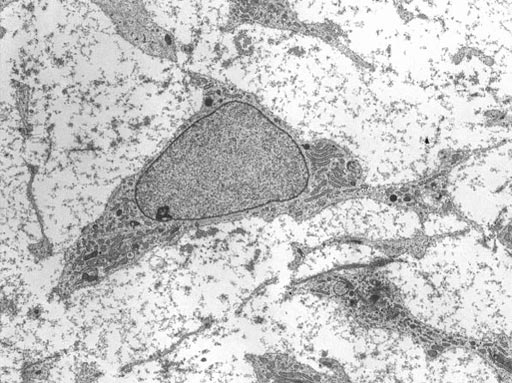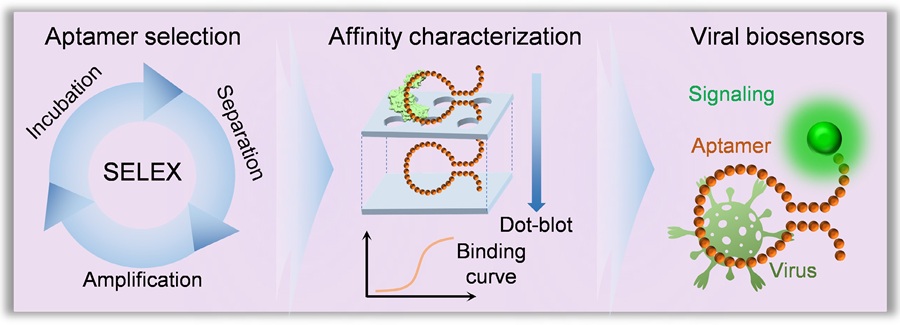Organ Cells Derived from Stem Cells May Predict Drug Sensitivity
By LabMedica International staff writers
Posted on 29 Mar 2017
Testing the drug pazopanib on liver-like cells derived from patient-specific stem cells, researchers have shown first proof-of-concept for a new approach that could lead to development of personalized drug-toxicity assays for patients.Posted on 29 Mar 2017
Different people react differently to the same drug, yet it is difficult to predict the side effects for an individual in advance. Now, researchers from Singapore’s Institute of Bioengineering and Nanotechnology (IBN) of A*STAR and the National Cancer Centre Singapore (NCCS) have developed an approach to screen for severe side-effects by first testing a drug on stem cells made from the patient’s blood.

Image: A transmission electron micrograph (TEM) of a mesenchymal stem cell displaying typical ultrastructural characteristics (Photo courtesy of Robert M. Hunt).
“Adverse side-effects from drugs are a major clinical concern, which could and should be preventable. Knowing whether an individual is susceptible to a particular medicine will improve healthcare and treatment outcome,” said Prof. Jackie Y. Ying, executive director at IBN.
In the study, the researchers used induced pluripotent stem cells (iPSCs) to create liver-like cells from the blood of 5 kidney cancer patients. The liver cells were then exposed to the cancer drug pazopanib, which can cause liver damage. Of the 5 patients: 3 were known to react badly to pazopanib, while the other 2 had no side effects.
The results showed that each patient’s iPSC-derived liver cells exhibited the same sensitivity to the drug when compared with their post-treatment data from liver biopsies. Further, using these stem cells, the researchers were able to analyze how the drug caused liver damage, which was previously unknown.
The project was led by Dr. Min-Han Tan and Prof. Hanry Yu of IBN. Researchers at NCCS recruited the kidney cancer patients and provided clinical data and analysis. “Our hypothesis was that liver cells made from the individual’s blood might show similar sensitivity or resistance to pazopanib. This study is the first proof-of-concept that our approach can predict drug-induced liver damage for an individual. Importantly, we were able to figure out how the drug works from the way they react to the liver cells,” said Dr Min-Han Tan. Prof Hanry Yu added, “Currently, new drugs are tested for toxicity using generic liver cells, which cannot model patient-specific reaction. By personalizing liver cells from the blood of individual patients, we can help doctors to prescribe safer and more effective therapies.”
“We are very excited that this study demonstrates an approach that could transform how drug toxicities are evaluated. It also sheds light on the mechanism of a particular side effect of pazopanib, which may lead to ways to overcome it. We are already planning formal clinical trials on this,” said Dr Ravindran Kanesvaran, consultant at NCCS.
This validation in patients suggests that it would be possible to screen personalized stem cells comprising a range of liver, lung, kidney, and heart cells to predict whether the patient would get side-effects from taking a particular drug. The research team will conduct further studies on drugs that affect other types of organs, and hope to work with industry partners to make this technology widely available.
The study, by Choudhury Y et al, was published January 25, 2017, in the journal Scientific Reports.










 (3) (1).png)


